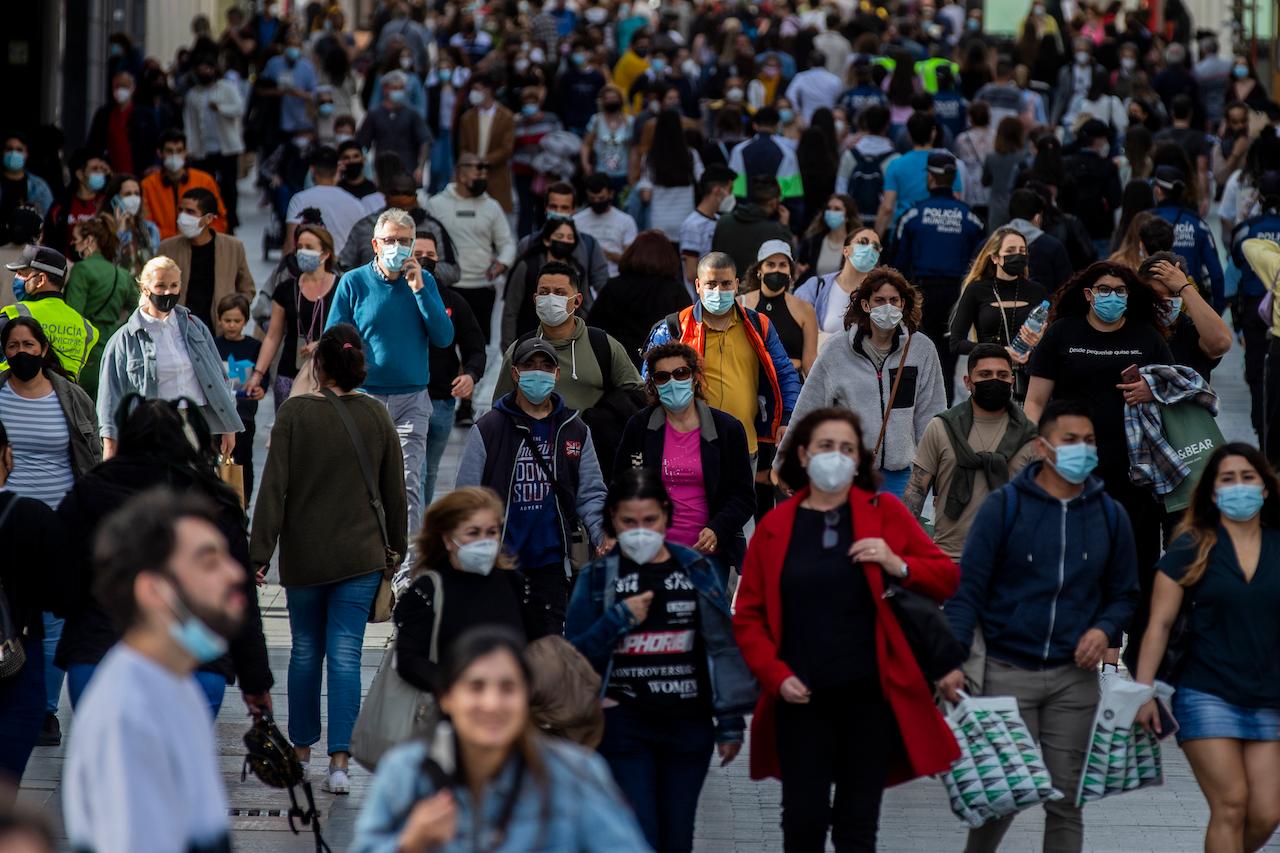EU hopes summer shot surge will make up for woeful winter record
The World Health Organization has branded the EU start to vaccinations 'unacceptably slow'.
Just In
Under fire for fumbling its vaccine roll-out and fighting a fresh wave of infections, the EU is scrambling to speed up the pace of injections and avoid being left further behind by the UK and US, reports Reuters.
In Paris, the national football stadium is being transformed into a mass vaccination hub, while Italy – with 20,000 infections daily – has put the army and civil defence agency in charge, after new Prime Minister Mario Draghi fired the country’s vaccine chief.
Over Easter, Germany’s North Rhine-Westphalia state is relaxing rules on who can get 450,000 doses of AstraZeneca’s vaccine.
Blood clotting concerns have prompted the country to limit the vaccine to people over 60, but North Rhine-Westphalia hopes its relaxed measures will now allow more people in that age group to get a first dose.
Originally, it had wanted to give the AstraZeneca vaccine to pregnant women and their partners, among other priority groups. “We can’t do that anymore, because I assume that those people are under 60,” the health minister told reporters.
Europe’s urgency to reverse what the World Health Organization branded on Thursday an “unacceptably slow” start to vaccinations is growing as a new spike gathers pace.
The chaos of Europe’s roll-out has been exacerbated by squabbling over vaccine exports and some temporary delivery delays affecting Pfizer, Moderna and AstraZeneca vaccines.
The EU has been much slower than Britain and the US, not only to order vaccines but also to approve them. Even once the jabs were approved, vaccination rates have been disappointing.
WHO estimates just 4% of 750 million people in 53 countries across the EU, from wealthier Scandinavia to poorer Balkan countries, have been fully vaccinated.
The EU hopes a major increase in deliveries as summer approaches will be sufficient to inoculate at least 255 million people, or 70% of its adult population, by July.
About 200 million doses of Pfizer-BioNTech’s vaccine are due to arrive, enough for 100 million people, while deliveries of Johnson & Johnson’s single-dose shot will start this month.
Subscribe to our newsletter
To be updated with all the latest news and analyses daily.
